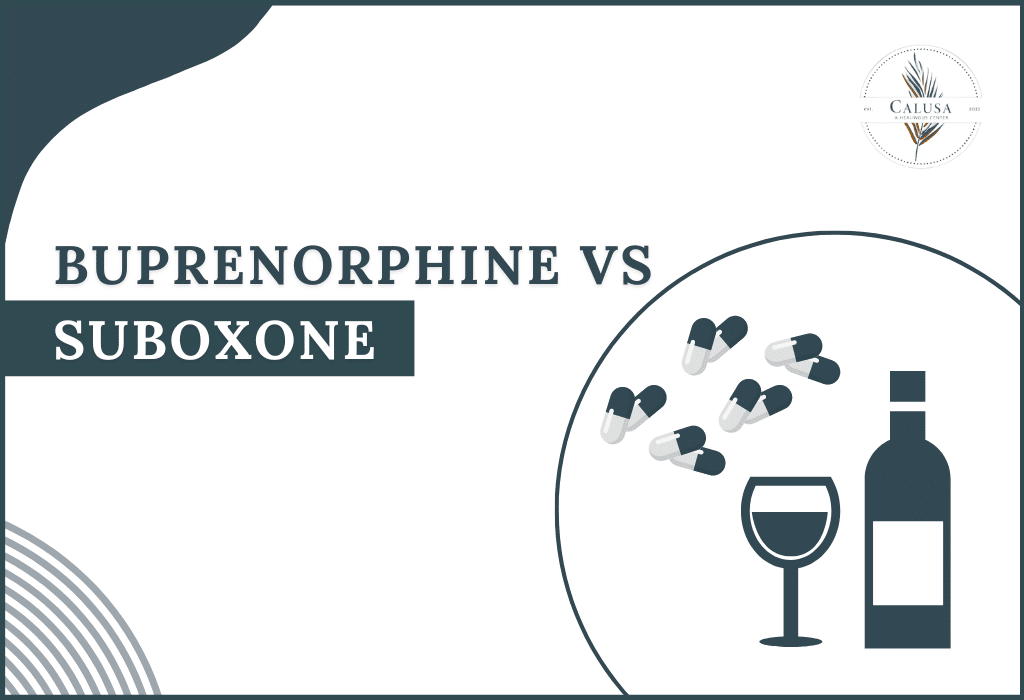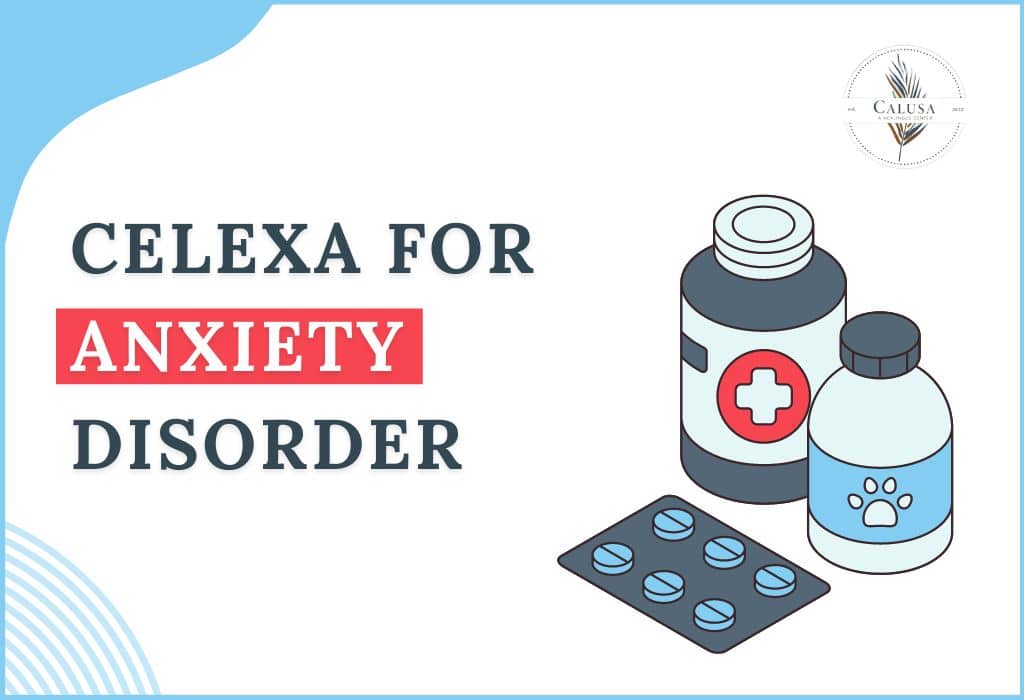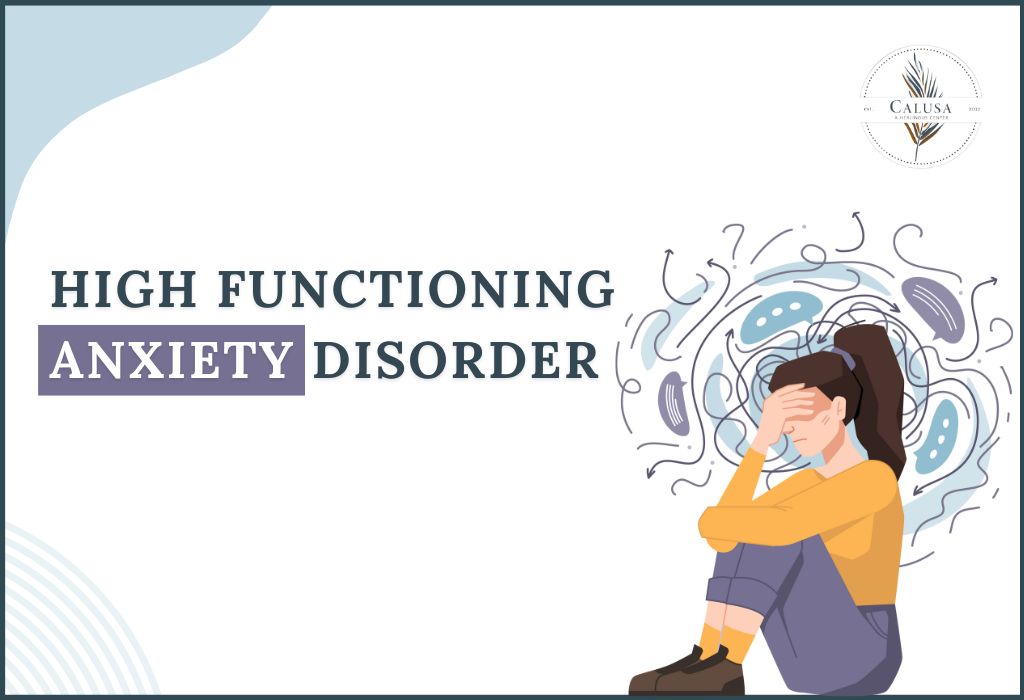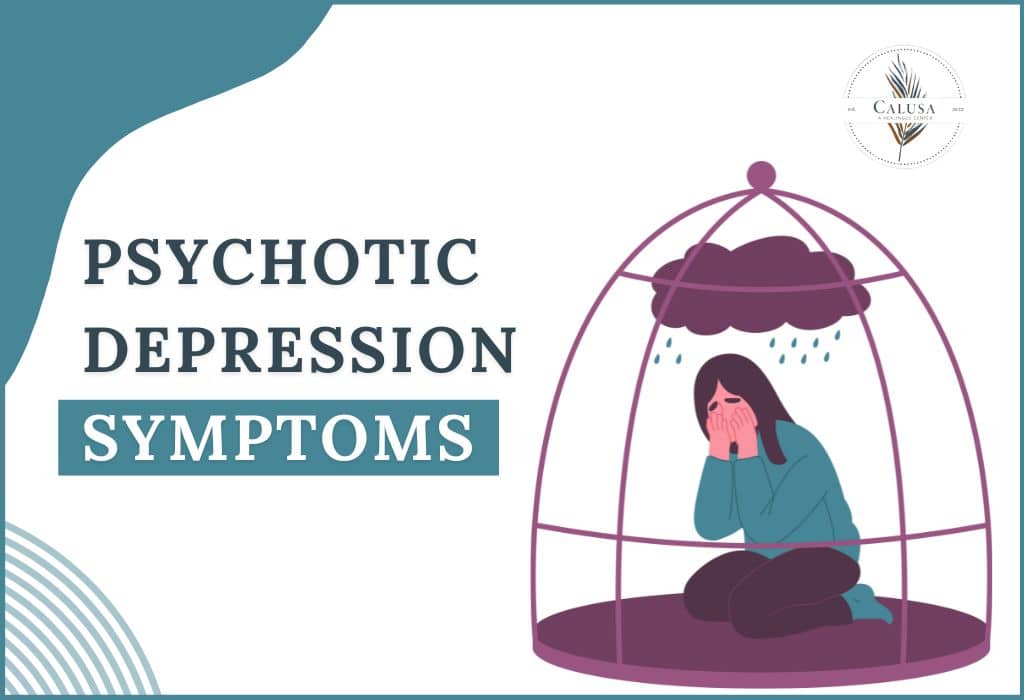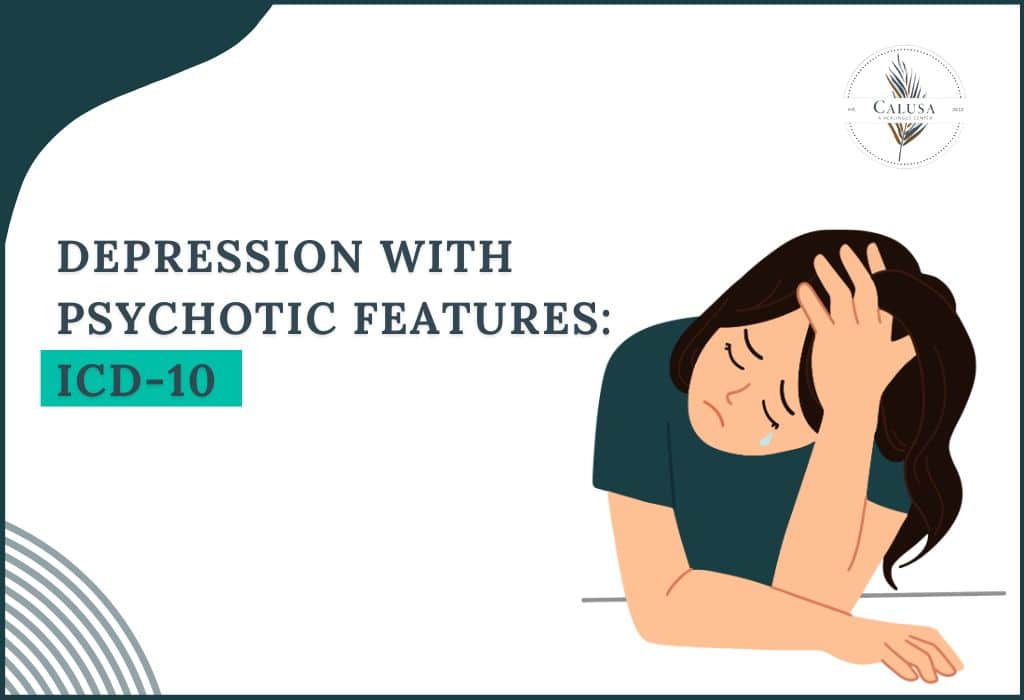Trauma can deeply affect our emotional health, changing how we perceive the world and interact with those around us. Trauma therapy offers a route to recovery, but this journey can be exceptionally challenging. Specifically designed to support those who have undergone significant psychological trauma, trauma therapy aims to help individuals process these experiences, diminish their daily impact, and build resilience. Given its vital role and potential for transformation, many ask, “Why is trauma therapy so hard?” The truth is that this form of therapy can be quite demanding for both the patients and the therapists involved.
In this blog post, we will delve into the complexities of trauma therapy, exploring why it can be so difficult and providing guidance to navigate this essential healing process.
The Importance of Trauma Therapy
While some people manage to process trauma on their own over time, many others need professional help to heal fully. Trauma therapy is designed to provide this crucial support, empowering individuals in several important ways:
- Reduce Symptoms of Anxiety, Depression, and PTSD: Trauma therapy targets the root causes of these mental health conditions. By addressing the underlying trauma, it provides effective strategies to manage and alleviate the symptoms, leading to a significant improvement in overall well-being.
- Develop Healthy Coping Mechanisms: Therapy helps individuals learn techniques to handle stress and emotional triggers constructively. These coping mechanisms are essential for navigating daily life and preventing re-traumatization.
- Improve Self-Esteem and Self-Worth: Working through traumatic experiences allows individuals to rebuild their confidence and sense of self. This process is crucial for restoring a positive self-image and fostering a healthy outlook on life.
- Build Healthier Relationships: Trauma therapy often includes exploring and improving interpersonal relationships. By understanding the impact of trauma on their interactions, individuals can foster better communication, trust, and connection with others.
- Reclaim a Sense of Control and Safety: One of the core goals of trauma therapy is to help individuals regain control over their lives. It helps restore a sense of safety and stability, which is often compromised by traumatic experiences.
Understanding why trauma therapy is so hard involves recognizing the deep emotional work required to confront and process painful experiences. This journey can be challenging, but the benefits of overcoming trauma are profound. Successfully navigating trauma therapy can lead to a more fulfilling and empowered life, where individuals feel in control and at peace with their past.
Common Challenges in Trauma Therapy
Trauma therapy is crucial for those recovering from psychological trauma, yet it poses significant challenges. Let’s explore why navigating trauma therapy can be so hard.
- Emotional Intensity: Clients often face intense emotions like fear, anger, or shame during sessions. Managing these emotions is tough.
- Avoidance and Resistance: Many clients avoid discussing painful memories, hindering progress. Overcoming this resistance is crucial.
- Trust and Safety: Building trust is difficult due to past trust betrayals. It takes time and a supportive therapist.
- Fear of Reliving Trauma: Revisiting traumatic experiences can trigger distress. Therapists use techniques to manage this fear.
- Cultural Considerations: Cultural differences influence how individuals engage with therapy. Sensitivity to cultural nuances is vital.
- Overwhelm and Burnout: Emotional overwhelm and burnout are common for both clients and therapists. Self-care and boundaries are essential.
Understanding why trauma therapy is so hard involves acknowledging these challenges and working through them with patience and support.
Why is Trauma Therapy So Hard to Embrace?
Trauma therapy offers a lifeline for those struggling in the aftermath of a life-altering experience. Yet, even with the promise of healing, many individuals find themselves hesitant or resistant to engaging in therapy. Why is trauma therapy so hard to embrace, and how can we overcome this resistance?
The resistance to trauma therapy stems from a complex interplay of factors, often rooted in the very nature of the trauma itself. Here’s a deeper look at some reasons why starting and sticking with therapy can be a challenge:
- Fear of the Unknown: The prospect of delving into painful memories and emotions understandably creates fear and anxiety. It’s a natural human instinct to avoid discomfort, and the unknown nature of therapy can feel overwhelming.
- Shame and Guilt: Trauma can leave survivors feeling ashamed or guilty about what happened. The thought of discussing these feelings with a therapist can be deeply unsettling, leading to resistance and a desire to keep the trauma hidden.
- Loss of Control: Trauma often involves a feeling of helplessness. Therapy, however, requires a degree of vulnerability and surrender. This perceived loss of control can be a significant barrier for those who are already struggling to regain a sense of agency in their lives.
- Dissociation: As mentioned earlier, dissociation is a common coping mechanism after trauma. This emotional numbing can make it difficult to connect with a therapist or even acknowledge the need for help.
- Practical Concerns: Financial limitations, lack of transportation, or childcare difficulties can all create logistical hurdles that make attending therapy sessions a challenge. These practical concerns can exacerbate resistance and make it difficult to prioritize mental health.
- Misconceptions about Therapy: Negative stereotypes about therapy, such as the belief that it’s a sign of weakness or the fear of being judged, can deter individuals from seeking help.
Overcoming these hurdles and embracing therapy is a crucial step towards healing. Here are some tips to help navigate this resistance:
- Acknowledge Your Feelings: It’s okay to feel apprehensive or scared. Recognizing these emotions is the first step toward addressing them.
- Start Small: Consider attending a few introductory sessions to get a feel for the therapy process before committing to a long-term course.
- Find the Right Therapist: Finding a therapist you feel comfortable with is essential. Look for someone who specializes in trauma and creates a safe and supportive environment.
- Focus on the Benefits: Remind yourself of the positive outcomes therapy can bring, such as reduced anxiety, improved self-esteem, and healthier relationships.
- Take Care of Yourself: Prioritize self-care activities that promote relaxation and well-being. This can help build resilience and make therapy more manageable.
Remember, overcoming resistance to trauma therapy is a journey, not a destination. By acknowledging the challenges and taking steps to address them, you can empower yourself to embark on the path to healing and build a brighter future.
Building Trust in the Therapeutic Relationship: A Crucial Bridge on the Path to Healing in Trauma Therapy
Trauma shatters more than just a sense of safety in the world; it often shatters our ability to trust others. This poses a significant challenge in trauma therapy, where building a strong therapeutic relationship is the foundation for successful healing. Why is trauma therapy so hard when the very act of healing requires a leap of faith – trusting a therapist with your deepest vulnerabilities?
The answer lies in the complex interplay between the therapist’s approach and the survivor’s past experiences. Here’s a deeper look at the challenges and how to build trust in this crucial relationship:
- The Legacy of Trauma: Trauma can leave survivors feeling wary and guarded. They may have difficulty trusting anyone, let alone a complete stranger. Past experiences of betrayal or a lack of support can further heighten this wariness
- Power Imbalance Concerns: Therapy can feel inherently unequal, with the therapist holding a position of authority. This power dynamic can trigger feelings of vulnerability and discomfort for survivors who have already experienced a loss of control.
- Fear of Judgment: The fear of being judged or misunderstood is a significant barrier to trust. Survivors may worry that the therapist won’t believe their story or will blame them for the trauma.
- Dissociation and Emotional Numbness: For some, dissociation acts as a protective barrier, making it difficult to connect with anyone, including a therapist. This emotional numbness can create a sense of distance and hinder the development of trust.
Despite these challenges, building trust is not an insurmountable feat. Here are some strategies that can foster a strong and supportive therapeutic relationship:
- Finding the Right Fit: The therapist plays a crucial role. Look for someone who specializes in trauma, understands the specific challenges you face, and creates a safe and non-judgmental space for you to share your story.
- Transparency and Open Communication: A good therapist will be transparent about the therapy process and answer your questions honestly. Open communication allows you to express your concerns and boundaries, fostering a sense of collaboration and trust.
- Respecting Your Pace: Healing happens at an individual’s pace. A trauma-informed therapist will respect your boundaries and allow you to take things as slowly as you need to feel comfortable opening up.
- Focus on Empathy and Validation: A therapist who actively listens validates your experiences, and shows empathy can create a sense of safety and understanding. This builds trust and encourages you to share more openly.
- Focus on Strengths and Resilience: Trauma therapy isn’t just about reliving the past; it’s also about recognizing your strengths and resilience. A therapist who highlights your coping mechanisms and empowers you can build trust and self-confidence.
Building trust takes time and effort, but it’s a crucial step toward healing in trauma therapy. By finding the right therapist, practicing open communication, and focusing on building a collaborative relationship, you can create a safe space for healing and begin to rebuild your capacity for trust.
Conclusion
Healing from trauma isn’t always straightforward or effortless. Trauma therapy can be emotionally demanding, requiring you to confront painful experiences and buried emotions. However, it’s crucial to understand that the difficulty of trauma therapy stems from addressing deeply rooted issues. The challenges you encounter are a testament to your strength and resilience as you strive for personal growth.
If you’re grappling with the aftermath of trauma, you don’t have to navigate it alone. Calusa Recovery provides trauma-informed therapy services within a safe and supportive environment. Our team of seasoned therapists is dedicated to assisting you in developing healthy coping strategies, processing your emotions, and rebuilding your self-esteem. With the appropriate guidance and support, you can surmount the obstacles of trauma therapy and embark on a journey toward healing and empowerment.
Take that pivotal first step toward healing today. Reach out to Calusa Recovery to discover more about our trauma therapy programs and how we can support you in overcoming your past and creating a brighter future.
FAQ’s About Trauma Therapy
1. What Is the Difference Between Trauma Therapy and Psychotherapy?
Trauma therapy is specialized in addressing past traumatic experiences and their impact, while psychotherapy covers a broader range of mental health concerns.
2. How Do You Heal From Trauma Without Therapy?
Healing from trauma without therapy is possible but may be more challenging. Self-help strategies like mindfulness and supportive relationships can aid in the process.
3. Is Trauma Therapy Necessary?
Trauma therapy is often necessary for comprehensive healing after significant psychological trauma. It provides structured support and specialized interventions.
4. Why Is Trauma Therapy So Hard?
Trauma therapy is challenging due to emotional intensity, fear of reliving trauma, trust issues, and vulnerability required. Skilled therapy can lead to profound healing.
5. What Is Trauma Therapy for Adults?
Trauma therapy for adults involves tailored interventions like CBT, EMDR, somatic experiencing, and narrative therapy. Its goal is to help process trauma and improve well-being.




